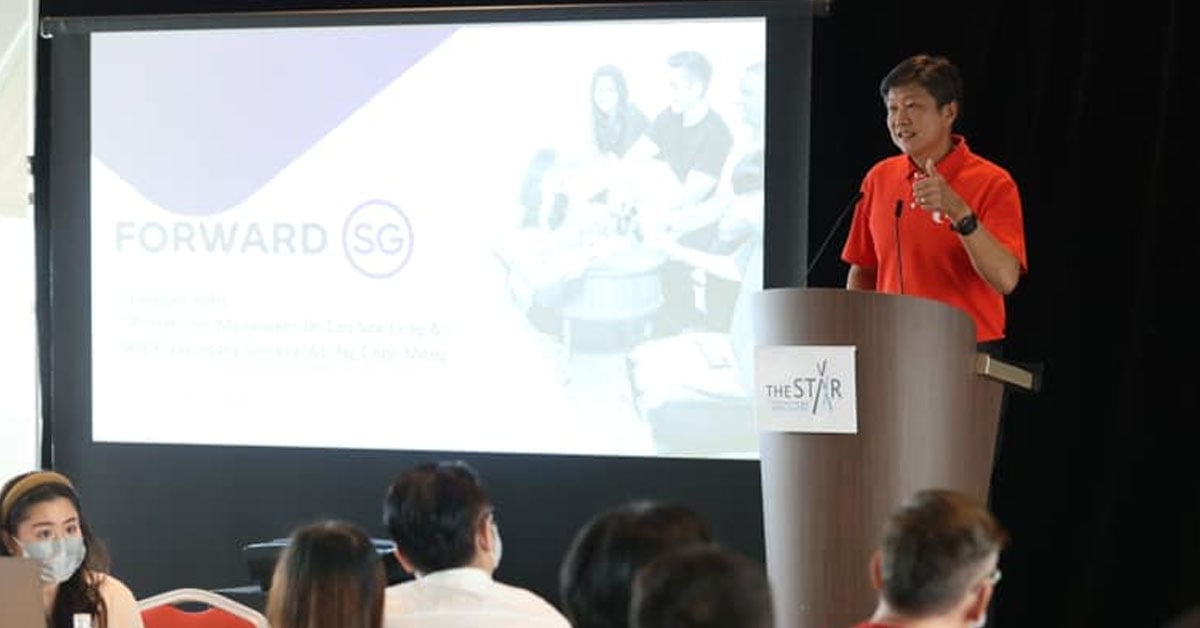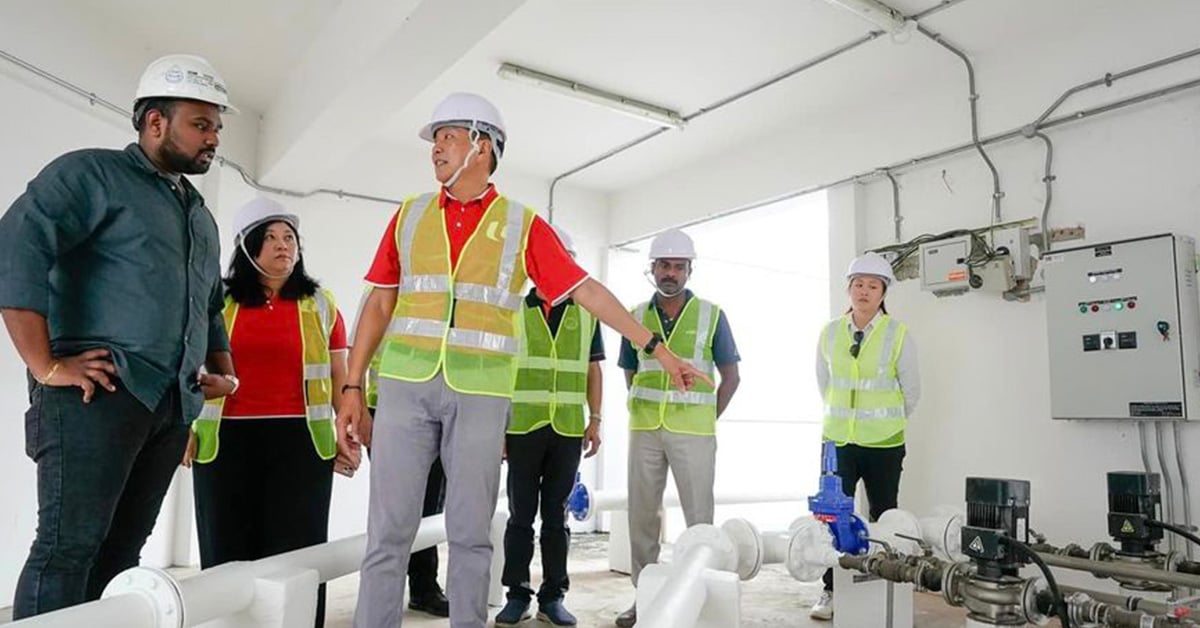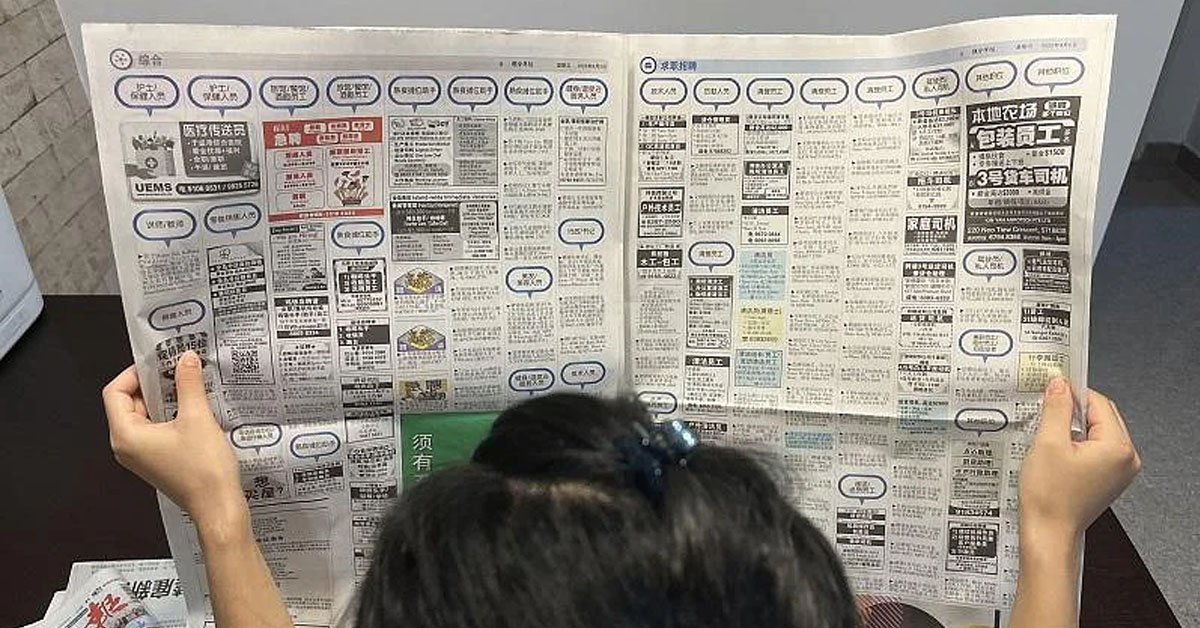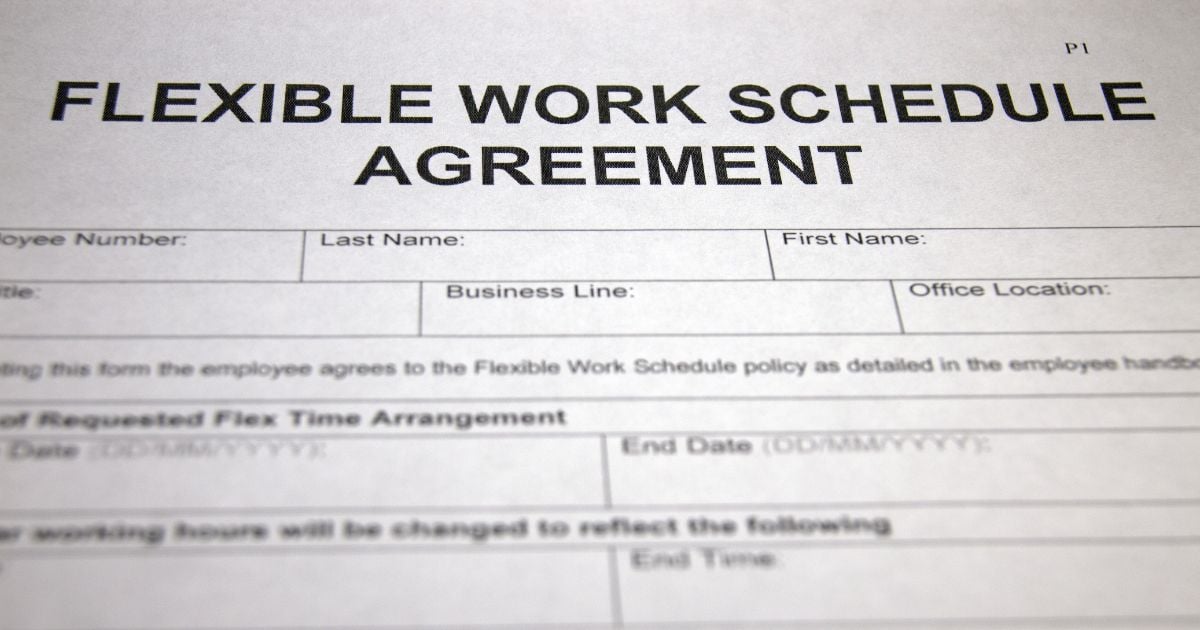Since the formation of the PME taskforce in October 2020, the National Trades Union Congress (NTUC) and Singapore National Employers Federation (SNEF) have been working together with the Ministry of Manpower (MOM) to better understand and address the aspirations and concerns of professionals, managers and executives (PMEs).
After engaging with over 10,000 PMEs, union leaders, and business leaders on the ground, the PME taskforce has submitted nine recommendations to the Parliament to address the top concerns PME have.
Much progress has been made under the recommendations from NTUC-SNEF PME taskforce to strengthen employment and employability support for PMEs.
Among other things, it includes efforts like structured career planning and continued calls for unemployment support which aim to help PMEs by ensuring better wages, welfare and work prospects.
Here’s what you should know.
Unemployment Support and Benefits
Due to the pandemic and current global economic conditions, one of the greatest concerns among PMEs is the lack of job security. Hence, PMEs stated that they require unemployment support while they retrain themselves and look for new employment.
At an NTUC #EveryWorkerMatter Conversations event held at LinkedIn on 25 Oct 2022, NTUC heard that PMEs were worried about their job security as some have found themselves involuntarily unemployed, especially as the economy grows and changes. If you have other concerns or feedback, you can voice them HERE.
Speaking at an engagement session on 2 November 2022 at the Star Vista, Manpower Minister Tan See Leng affirmed that the Government has heard NTUC’s calls for unemployment support for workers and is currently looking at how it can better support those displaced. Mr Ng was pleased to hear Dr Tan’s response because NTUC has been advocating for stronger unemployment support for a while now!
Of course, there are other assistance schemes in place to help PMEs before they fall into the situation of becoming involuntarily unemployed!
For instance, the Job Growth Incentive has been extended to March 2023 from September 2020. This scheme provides monetary incentives to encourage companies to hire locals.
The SGUnited Mid-Career Pathways Programme, which helps PMEs widen their professional networks and gain industry-relevant skills and experience to get ready for a new career in a different industry, is still active. In the long run, this will provide support to mid-career switches.
Meanwhile, the PME Taskforce will continue to advocate for unemployment support.
Workplace Fairness Legislation
Currently, employers are expected to follow the guidelines for fair hiring practices and establishing conducive and safe working environments, standards which were set out by the Tripartite Alliance for Fair and Progressive Employment Practices (TAFEP).
Under the Fair Consideration Framework (FCF), employers who are found practicing any form of discrimination—regardless of gender, age, mental conditions or nationality—will face a debarment period of six to 24 months.
While the debarment, which stops the renewal and applying of work passes, can be painful for employers, it is a panacea for unfair hiring practices.
With the introduction of the Workplace Fairness legislation, the TAFEP will be giving legislative powers to improve workplace fairness.
In order to strengthen enforcement against errant companies, the Tripartite Committee on Workplace Fairness (TCWF) has been formed, and this will provide additional protection to PMEs.
Additionally, the PME taskforce will be collaborating with the Institute of Human Resource Professionals (IHRP) to certify and train 12,000 Human Resource professionals by 2025.
In doing so, there will be a bigger proportion of HR professionals who will be proactively equipped with the resources to enhance companies’ adherence to fair and progressive employment, and set up better workplace practices.
PMEs Skill Improvement
In this digital age, the usage of technology has never been more important.
As early as 2019, NTUC has been working with unions and companies to set up Company Training Committees (CTCs) which are created for the purposes of reskilling and upskilling employees.
CTCs aims to achieve the 3As: acceptance of technology; adoption of technology; and actualisation of technology.
Thus far, the results have been promising.
Through these CTCs, employees have been given an avenue to have career conversion and career action plans with their employees, as well as talk about the need to pick up news to fit their evolving job scopes and progress in their careers.
Employers can also seek guidance on how to implement Structured Career Planning to upskill and reskill their mature PMEs to utilise their experience better, while retaining their talents.
The MOM has dedicated another $100 million to scale up to 2,500 CTCs by 2025.
Another programme that helps build experience and skill is the Singapore Global Executive Programme. The objective is to secure a pipeline of local talent with international exposure for local enterprises.
By working abroad, PMEs can benefit by developing their personal leadership skills, and further extend their job opportunities worldwide.
It is important to lay a foundation for leadership in Singapore as it will strengthen Singaporean Core and increase overall employment and employability opportunities.
There is a need for PMEs to be more “resilient and adaptable”, especially in the current “never normal” business environment, said the SNEF President Dr Robert Yap.
He adds, “These recommendations will not only help prepare local PMEs for future challenges, but also help employers grow and internationalise their businesses.”
Naturally, the concerns and programmes mentioned above are not exhaustive.
Share your thoughts, fears and aspirations on career progression, training and support during unemployment HERE.
Every worker matters, and your voice matters too!
This article was first published on Goody Feed and written in collaboration with NTUC.







